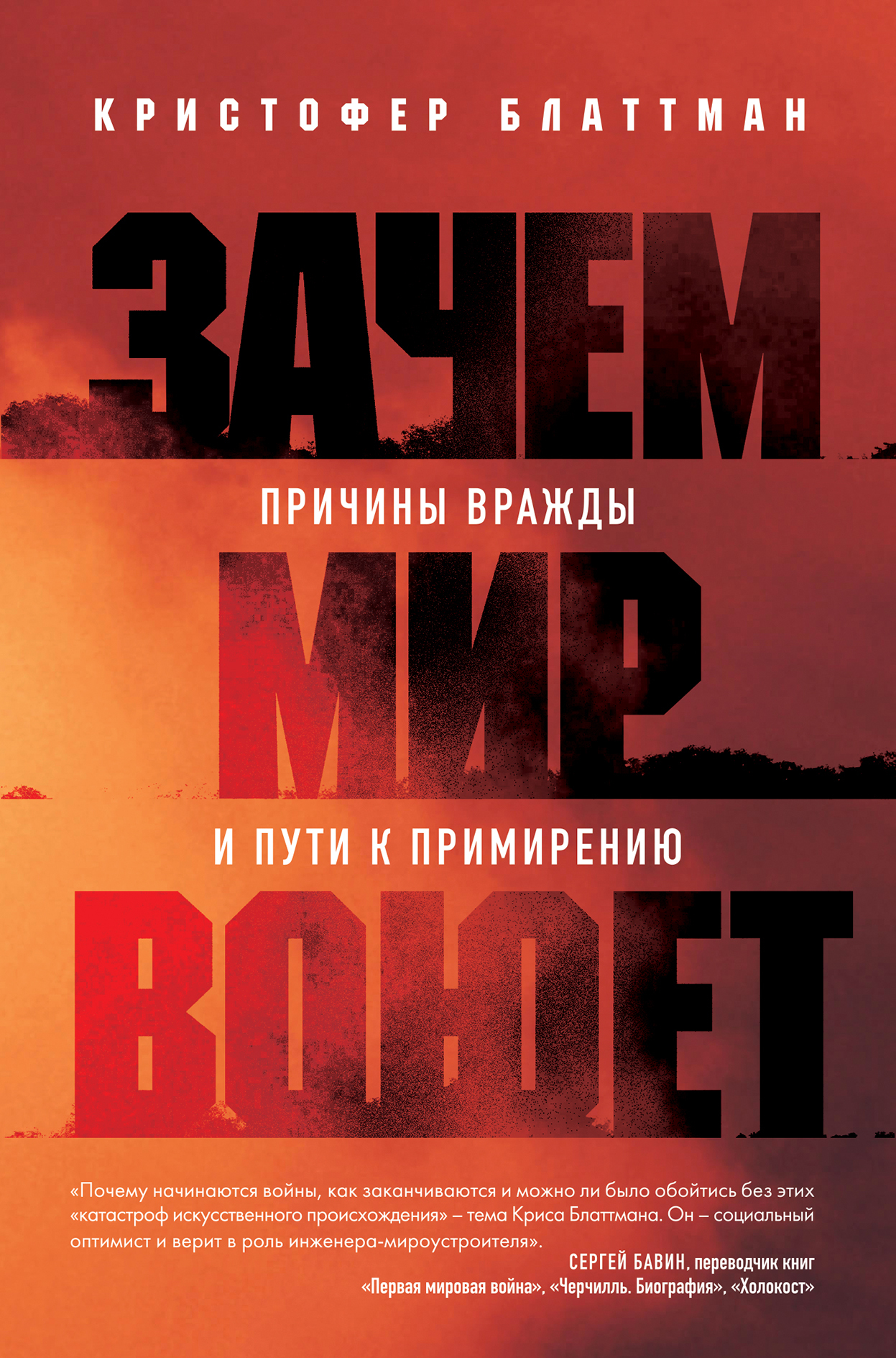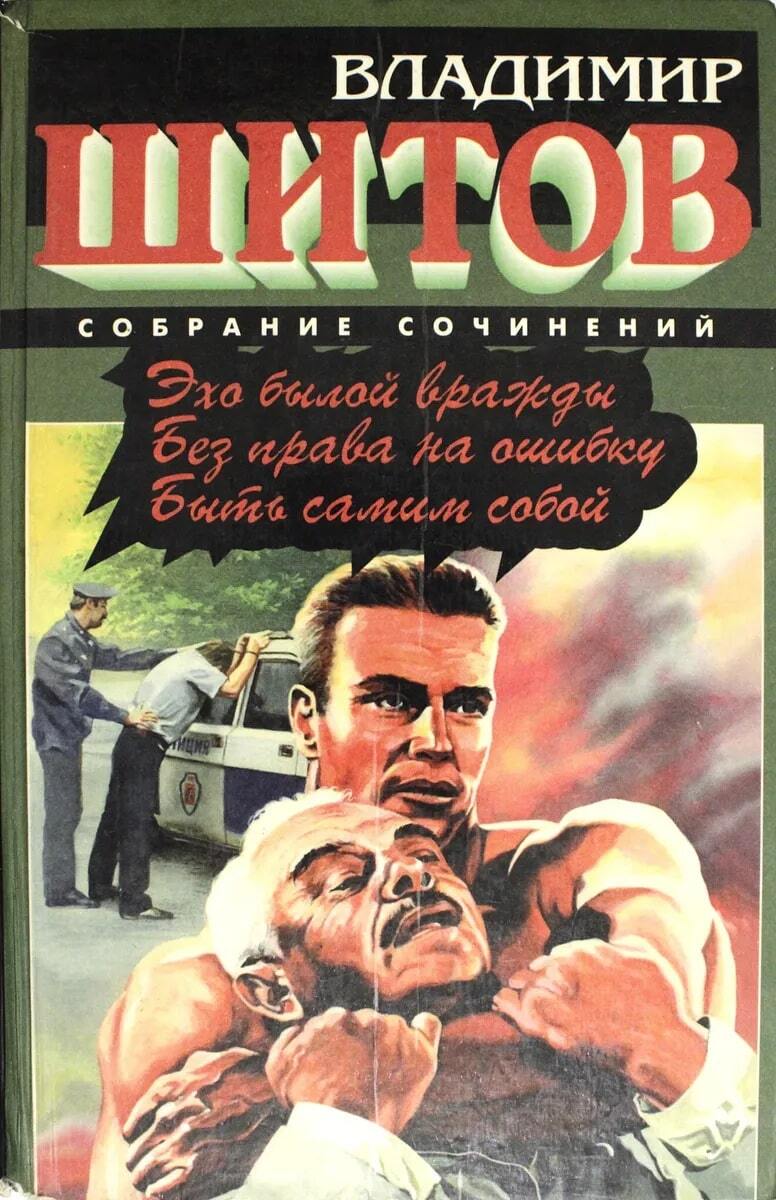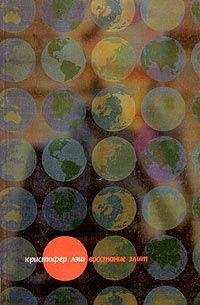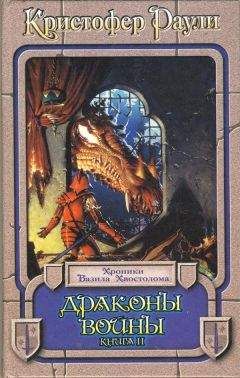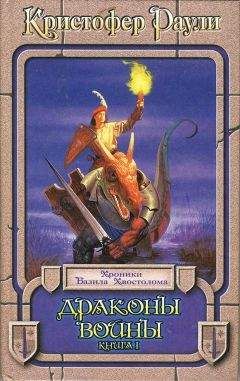1998, “On Economic Causes of Civil War,” Oxford Economic Papers 50 (4): 563–573.
–. 2004. “Greed and Grievance in Civil War.” Oxford Economic Papers 56 (4): 563–595.
–. 2007, “Civil War.” In Handbook of Defense Economics, vol. 2, Defense in a Globalized World, edited by Keith Hartley and Todd Sandler, 711–739. Princeton: NorthHolland.
Collins, Randall. 2008. Violence: A Micro-Sociological Theory. Princeton: Princeton University Press.
Conlin, Michael, Ted O’Donoghue, and Timothy J. Vogelsang. 2007. “Projection Bias in Catalog Orders,” American Economic Review 97 (4): 1217–1249.
Cook, Philip J., and Jens Ludwig. 2000. Gun Violence: The Real Costs. Oxford: Oxford University Press.
Cooter, Robert D., and Daniel L. Rubinfeld. 1989. “Economic Analysis of Legal Disputes and Their Resolution.” Journal of Economic Literature 27 (3): 1067–1097,
Copeland, Dale C. 2001. The Origins of Major War. Ithaca: Cornell University Press.
–, 2014. “International Relations Theory and the Three Great Puzzles of the First World War.” In The Outbreak of the First World War: Structure, Politics and Decision-Making, edited by Jack S. Levy and John A. Vasquez, 167–198. Cambridge: Cambridge University Press.
Coughlin, Con. 2005. Saddam: His Rise & Fall. New York: HarperCollins. Cowen, Tyler, 2018. “Daniel Kahneman on Cutting through the Noise (Episode 56 – Live at Mason).” In Conversations with Tyler. Podcast. December 19, 2018.
Cunliffe, Philip. 2012. “Still the Spectre at the Feast: Comparisons between Peacekeeping and Imperialism in Peacekeeping Studies Today.” International Peacekeeping 19 (4): 426–442,
Cunningham, David E. 2006. “Veto Players and Civil War Duration.” American Journal of Political Science 50 (4): 875–892,
–. 2016. “Preventing Civil War: How the Potential for International Intervention Can Deter Conflict Onset.” World Politics: A Quarterly Journal of International Relations 68 (2): 307–340.
Curran, Eleanor. 2002. “AVery Peculiar Royalist. Hobbes in the Context of His Political Contemporaries.” British Journal for the History of Philosophy 10 (2): 167–208.
Dafoe, Allan, Jonathan Renshon, and Paul Huth. 2014. “Reputation and Status as Motives for War.” Annual Review of Political Science 17 (1): 371–393.
Dahl, Robert A. 1956, A Preface to Democratic Theory, Chicago: University of Chicago Press,
Davenport, Christian. 2007. “State Repression and Political Order.” Annual Review of Political Science 10 (1): 1-23.
de Quervain, Dominique, Urs Fischbacher, Valerie Treyer, Melanie Schellhammer, Ulrich Schnyder, Alfred Buck, and Ernst Fehr. 2004. “The Neural Basis of Altruistic Punishment.” Science 305 (5688): 1254–1258,
de Waal, Alex. 2015. The Real Politics of the Horn of Africa: Money, War and the Business of Power. New York: John Wiley & Sons.
de Waal, Alex, and Julie Flint. 2008, Darfur: A New History of a Long War, London: Zed Books.
Debs, Alexandre, and Nuno P. Monteiro. 2014. “Known Unknowns: Power Shifts, Uncertainty, and War,” International Organization 68 (1): 1-31.
Dell, Melissa, and Pablo Querubin. 2018. “Nation Building through Foreign Intervention: Evidence from Discontinuities in Military Strategies.” Quarterly Journal of Economics 133 (2): 701–764,
DeLong, J. Bradford, and Barry Eichengreen. 1991. “The Marshall Plan: History’s Most Successful Structural Adjustment Program.” National Bureau of Economic Research, Working Paper 3899.
Depetris-Chauvin, Emilio, Ruben Durante, and Filipe Campante. 2020, “Building Nations through Shared Experiences: Evidence from African Football.” American Economic Review 110 (5): 1572–1602.
Des Forges, Alison. 1999. Leave None to Tell the Story: Genocide in Rwanda, Human Rights Watch.
Diaz-Alejandro, Carlos F. 1983. “Stories of the 1930s for the 1980s.” In Financial Policies and the World Capital Market: The Problem of Latin American Countries, 5-40. Chicago: University of Chicago Press.
DiMaggio, Paul J., and Walter W. Powell. 1983. “The Iron Cage Revisited: Institutional Isomorphism and Collective Rationality in Organizational Fields.” American Sociological Review 48 (2): 147–160.
Dincecco, Mark, and Massimiliano G. Onorato. 2017. From Warfare to Wealth: The Military Origins of Urban Prosperity in Europe. Cambridge: Cambridge University Press.
Dorison, Charles A., Julia A. Minson, and Todd Rogers. 2019. “Selective Exposure Partly Relies on Faulty Affective Forecasts.” Cognition 188: 98-107.
Dostoyevsky, Fyodor. (1873) 2013. The Possessed. Translated by Constance Garnett. E-artnow.
Dowden, Richard. 1994, “‘The Graves of the Tutsi Are Only Half Full— We Must Complete the Task’: Richard Dowden, Africa Editor, Reports on the Rising Tide of Blood in Rwanda,” Independent, May 24, 1994. https://www. independent, co. uk/news/the-gravesof-the-tutsi-are-only-half-full-we-must-complete-the-task-richard-dowden-africa-editorl438050.html.
Dowell, William. 1980. “Iraqi-French Nuclear Deal Worries Israel.” Christian Science Monitor, July 31, 1980, https://www.csmonitor, com/1980/0731/073155.html.
Doyle, Michael W. 1997. Ways of War and Peace: Realism, Liberalism, and Socialism. New York: W.W. Norton.
Doyle, Michael W., and Nicholas Sambanis. 2006, Making War and Building Peace: United Nations Peace Operations, Princeton: Princeton University Press,
Draca, Mirko, Leanne Stickland, Nele Warrinnie, and Jason Garred. 2019-“On Target? The Incidence of Sanctions across Listed Firms in Iran,” LICOS Discussion Paper, no. 413-
Drezner, Daniel W. 2011, “Sanctions Sometimes Smart: Targeted Sanctions in Theory and Practice.” International Studies Review 13 (1): 96-108.
–. 2015- Theories of International Politics and Zombies: Revived Edition. Princeton: Princeton University Press.
Driscoll, Jesse, 2015. Warlords and Coalition Politics in Post-Soviet States. Cambridge: Cambridge University Press.
Dube, Oeindrila, and S.P. Harish. 2020. “Queens.” Journal of Political Economy 128 (7): 2579–2652,
Dube, Oeindrila, and Juan F. Vargas. 2013- “Commodity Price Shocks and Civil Conflict: Evidence from Colombia.” Review of Economic Studies 80 (4): 1384–1421.
Duelfer, Charles. 2005. Comprehensive Report of the Special Advisor to the DCI on Iraq’s WMD, with Addendums. McLean: Central Intelligence Agency.
Dunning, Thad, and Lauren Harrison. 2010. “Cross-Cutting Cleavages and Ethnic Voting: An Experimental Study of Cousinage in Mali,” American Political Science Review 104 (1): 21–39.
Easterly, William. 2001. The Elusive Quest for Economic Growth: Economists’ Adventures and Misadventures in the Tropics. Cambridge: MIT Press,
–, 2006. The White Man’s Burden: Why the West’s Efforts to Aid the Rest Have Done So Much Ill and So Little Good. New York: Penguin Books.
–. 2014. The Tyranny of Experts: Economists, Dictators, and the Forgotten Rights of the Poor. New York: Basic Books.
Easterly, William, and Tobias Pfutze. 2008. “Where Does the Money Go? Best and Worst Practices in Foreign Aid.” Journal of Economic Perspectives 22 (2): 29–52.
Edmans, Alex, Diego Garcia, and Oyvind Norli. 2007. “Sports Sentiment and Stock Returns,” Journal of Finance 62 (4): 1967–1998.
Egorov,
